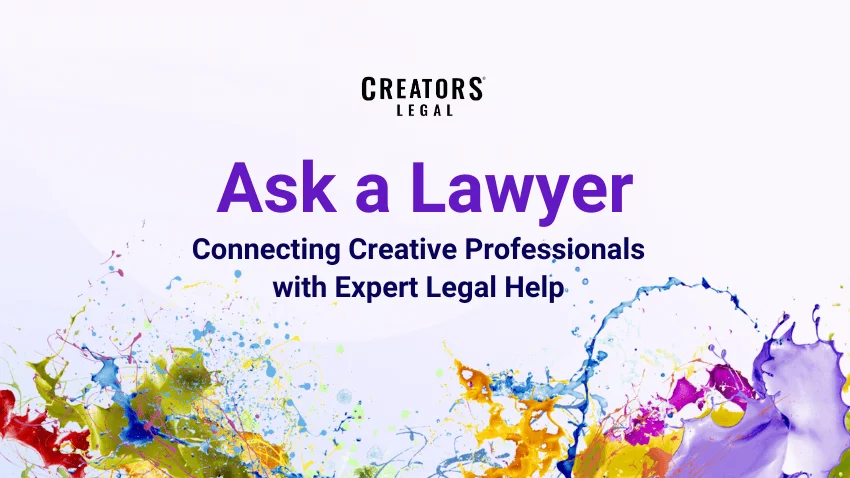There is power in words. The opinions, ideas, and promises you share can influence, heal, hurt, open minds and hearts, and change the world. With the tremendous impact words can have, it’s crucial to use them wisely. However, does verbal communication still hold a shred of importance when it comes to legal contracts?
Contracts are crucial in doing business with different people and organizations. Whether it be an above-the-line contract or a below-the-line contract, you must ensure that the terms of your agreement are agreed upon and laid out well to ensure that no issue will arise in the future.
As a content creator, it’s natural to be concerned about the enforceability of your contracts, as this is vital to the success of your career. Although most contracts have a common denominator, it can be a bit challenging to understand the ins and outs of a verbal agreement and if they’re even legally binding in the first place.
What Is a Verbal Contract?
Formally referred to as an oral contract, a verbal contract is an agreement made between two parties through oral communication. Unlike formal agreements that are written down, this professional transaction takes place based on verbally agreed terms.
Freelancers such as content creators often take on projects after agreeing on terms and payments through email or phone. Unfortunately, clients may pull through since the agreement wasn’t signed, which leaves freelancers wasting time, effort, and money.
Since there’s no physical evidence to support your claims, it can be concerning for content creators to work based on a verbal agreement alone. According to contract law, oral contracts can be legally binding if the essential elements are in place.
What Makes a Verbal Contract Valid?
To put it simply, verbal contracts are legal. However, it must contain four essential elements for it to be considered legally binding. If even one of them is missing, the law won’t protect your rights since your agreement is not enforceable.
For your verbal contract to be legally binding, the following elements must be satisfied:
- Offer and Acceptance
An offer must be made by a party, where they suggest the terms of an agreement to another. The terms of the agreement must be clear so that they can be easily understood and followed.
Once an offer or counter-offer has been made, the person receiving it must accept it. Saying “I accept,” “Agreed,” “You got a deal” are all forms of acceptance.
- Consideration
Consideration means that both parties offer something in exchange for the contract. If only one side gives something up, then the agreement is more a gift than a contract. A gift does not require a valid contract that requires both sides to fulfill their obligations.
- Intention
To make a legally binding agreement, both parties must have an intention to do so. Just having one party wanting to create a contract cannot be enforceable.
- Capacity
Both parties must have the capacity to enter the verbal contract, so they must be above the age of majority and are of sound mind.
The Wrap
In doing business, contracts are crucial. To ensure that your agreements will protect your rights, make sure that it contains all of the elements that make them legally enforceable. As long as you have a valid contract, you’ll be able to work successfully as a content creator!
Creators Legal is the first and only legal platform build just for Content Creators. Get simple, straightforward, and trustworthy creator contracts in a fast, easy-to-use platform. With a powerful guided Form Builder, a secure e-signature system, and your own personalized dashboard to store and organize all your contracts, you can get yourself protected in minutes without the need for expensive entertainment lawyers!
Want to learn more? Check out CreatorsLegal.com, where you can get single use contracts or monthly and annual subscriptions on all contracts for creators! Try us now!






